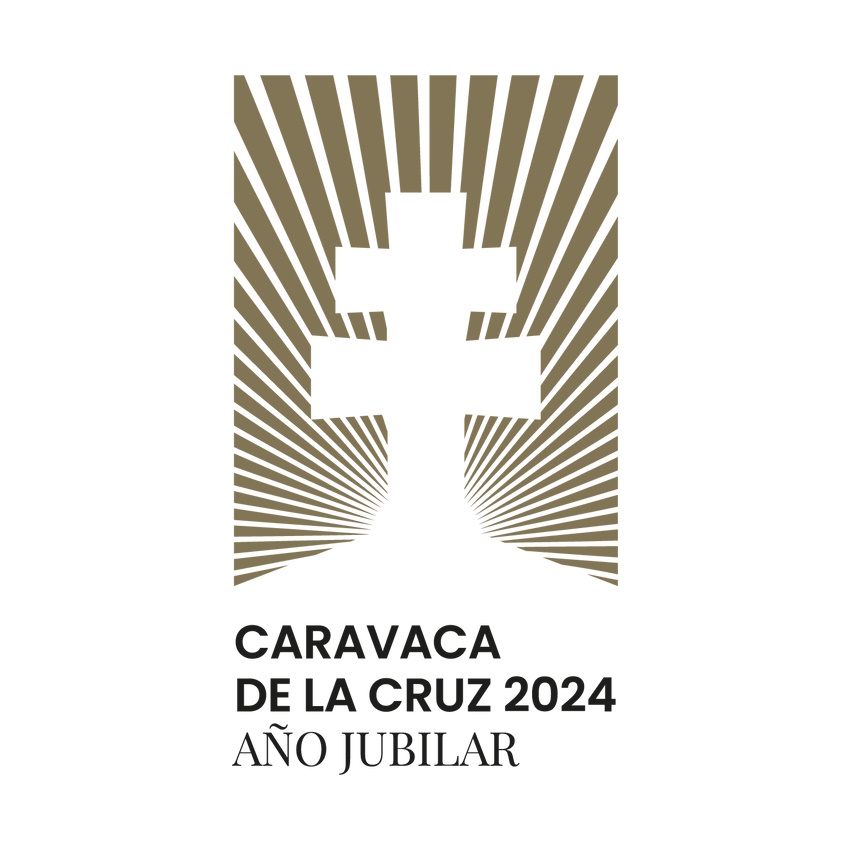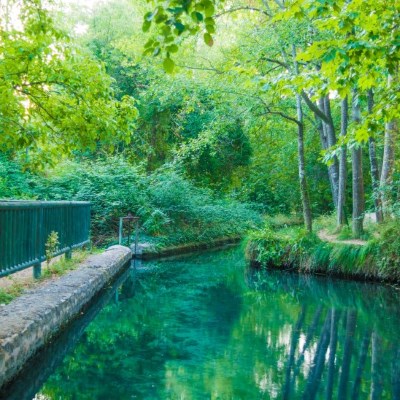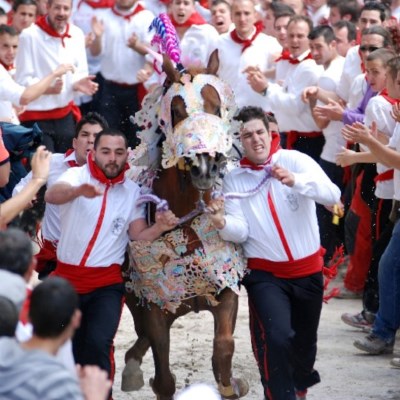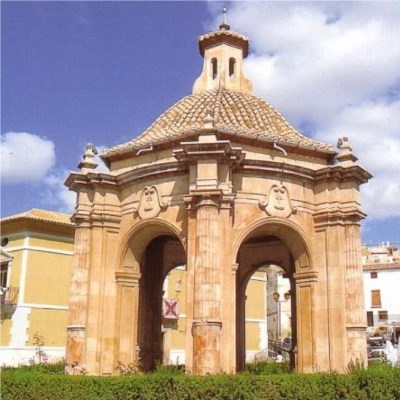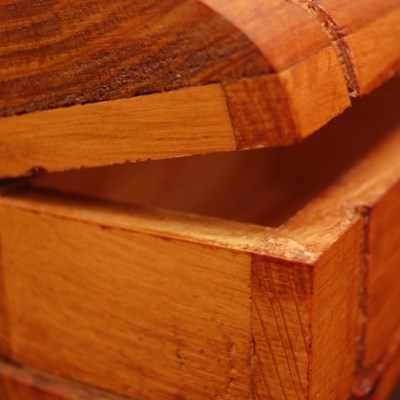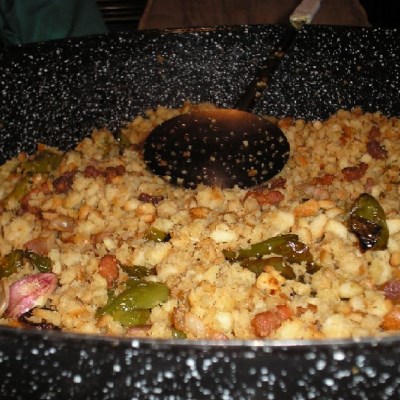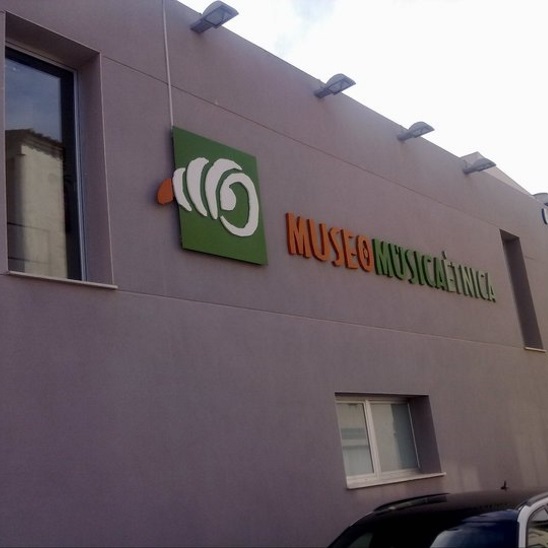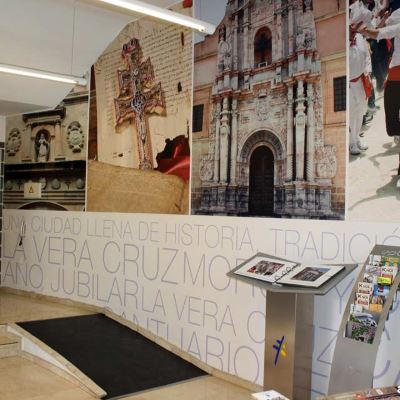Los alcaldes de Toledo y Caravaca han presidido el encuentro celebrado en la iglesia de San José del antiguo Convento de las Madres Carmelitas, una de las 17 fundaciones directas de Santa Teresa
Se ha instalado en la Iglesia de San José un punto informativo permanente de ‘Huellas de Teresa’, que estará activo durante todo el Año Jubilar
Los guías de los 14 ayuntamientos que actualmente forman parte de este grupo de ciudades recibirán formación en el Centro de Estudios Teresianos de Ávila
17/05/2024. Coincidiendo con la conmemoración del Año Jubilar 2024, las Ciudades Teresianas de España han celebrado su asamblea general en Caravaca de la Cruz para continuar impulsado la ruta turística y cultural ‘Huellas de Teresa’.
El alcalde de Toledo y presidente de esta asociación que agrupa actualmente a 14 de ciudades, Carlos Velázquez; el alcalde de Caravaca de la Cruz, José Francisco García, y el director general del Instituto de Turismo de la Región de Murcia, Juan Francisco Martínez, han participado en este encuentro, junto a alcaldes, concejales y técnicos de otros ayuntamientos como Segovia, Beas de Segura, Medina del Campo y Malagón. El resto de destinos han participado en la asamblea de forma telemática.
La iglesia de San José del antiguo Convento de las Madres Carmelitas, una de las 17 fundaciones directas de Santa Teresa de Jesús, ha sido el marco de esta asamblea, donde se han aprobado varios proyectos para relacionados con ‘Huellas de Teresa’, como la formación de los guías de los distintos ayuntamientos en el Centro de Estudios Teresianos de Ávila para la obtención del título ‘Experto Teresiano”, así como nuevas acciones dentro del plan de promoción digital que incluirá la contratación de ‘influencer’ y creadores de contenido en redes sociales.

Coincidiendo con esta asamblea, se ha instalado en la Iglesia de San José un punto informativo permanente de ‘Huellas de Teresa’, que estará activo durante todo el Año Jubilar 2024.
El alcalde caravaqueño, José Francisco García, ha recordado que el Grupo de Ciudades Teresianas de España surgió a raíz de la conmemoración del V Centenario de Santa Teresa de Ávila y que Caravaca de la Cruz ha formado parte de del mismo desde sus inicios. “Se trata de un recurso turístico y cultural de gran potencialidad, que une destinos españoles cuya historia y patrimonio están estrechamente ligados a San Juan y Santa Teresa de Jesús, las dos grandes figuras de la mística universal”.
Por su parte, el regidor de Toledo, Carlos Velázquez, ha expresado que “es un honor estar en Caravaca de la Cruz en un año tan importante y poder comprobar de primera mano el compromiso de esta tierra con el turismo de calidad”. Con respecto a ‘Huellas de Teresa’, ha señalado que “es un proyecto turístico común y una herramienta eficaz para que los ayuntamientos que formamos parte del mismo intercambiemos experiencias y conocimientos”.
Huellas de Teresa
Con motivo de la conmemoración del V Centenario del nacimiento de Santa Teresa en 2015 en la ciudad de Ávila, surge la unión de las ciudades teresianas bajo la denominación ‘Huellas de Teresa de Jesús’ como una propuesta cultural y patrimonial para dar a conocer la obra y legado de la declarada Doctora de la Iglesia a través de la difusión de las distintas Fundaciones Conventuales que realizó.

Los lugares elegidos por La Santa para dejar sus Huellas, viaje que comienza en 1567 y que duraría 20 años recorriendo, son Ávila, Medina del Campo, Malagón, Valladolid, Toledo, Pastrana, Salamanca, Alba de Tormes, Segovia, Beas de Segura, Sevilla, Caravaca de la Cruz, Villanueva de la Jara, Palencia, Soria, Granada y Burgos.
‘Huellas de Teresa’ surge como una ruta turística o de peregrinación que permite conocer el legado arquitectónico, literario y espiritual de esta mujer humanista, Santa, viajera y avanzada a su tiempo.
Más información: https://www.huellasdeteresa.com/


